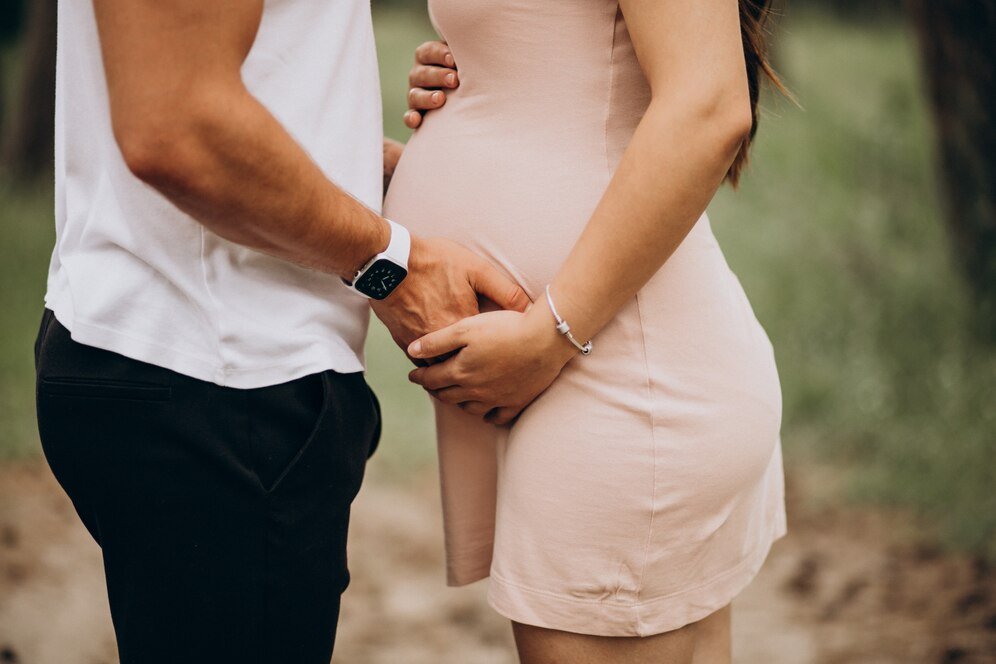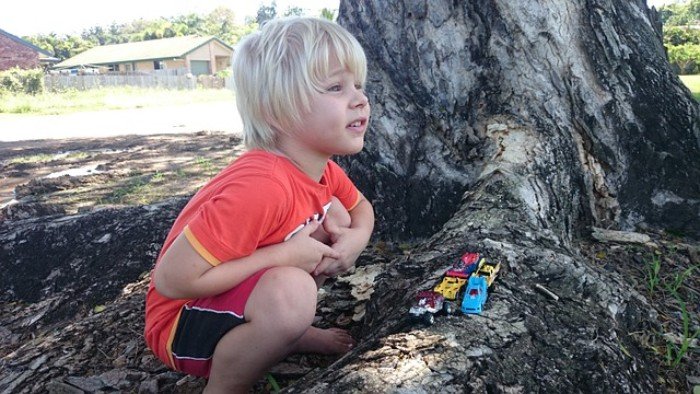How much does IVF cost in Nigeria?
This is an important topic for couples starting their reproductive treatment journey.
Come along and learn about the fascinating world of IVF in this article.
Find out all you ought to know in 2024, from expenses and success rates to planning and options.
How much does IVF cost in Nigeria?
It is essential to understand the financial side of IVF. The current cost of an IVF cycle is as follows:
- ₦600,000.00
- ₦900,000.00
- ₦1,800,000.00
- ₦2,000,000.00
These numbers illustrate the different sizes of expenses, which makes careful consideration essential when choosing a clinic or hospital for in vitro fertilization.
Success Rates of IVF Clinics in Nigeria
In West Africa, The Bridge Clinic has become a pioneer in IVF and fertility care.
Having been in operation for 15 years, it is unique among fertility clinics in Nigeria in that it has recorded the conception of over 1614 live births.
Success rates of IVF and the Factors Affecting Them
IVF usually has a success rate of 25–30% on the first attempt.
Many factors, including age and the cause of infertility, affect this success rate.
IVF success rates for first-time patients typically fall between 25 and 30 percent, with the likelihood rising with subsequent cycles.
How to prepare for IVF in Nigeria
An effective IVF therapy requires careful planning. The required actions consist of:
- Extensive blood work
- Screening for genetic carriers
- Transvaginal ultrasonography is used to assess the reserve of ovaries
- Examinations of the fallopian tubes (HSG) and uterus (SHG)
- If necessary, a semen analysis and blood test for the male partner is required as well.\
Recognizing the Facts of IVF
The success rate of IVF is not 100% guaranteed.
According to the Society for Reproductive Technology (SART), 55.6% of IVF-assisted live births occur in women under 35.
A subsequent embryo transfer will generate about 47% of live births, compared to 41.4% for an initial embryo transfer.
The length of the IVF procedure
In Nigeria, the average IVF procedure takes three to four weeks to complete.
This covers the first consultation, any required testing, prescription drugs, and the actual transfer of the embryo.
It is essential for couples to fully understand this schedule in order to organize and control expectations during treatment.
Examining IVF Substitutes
Although IVF is commonly performed, there are other options.
One such approach is natural cycle IVF, which has the advantage of having fewer multiple pregnancies and a shorter waiting period for subsequent attempts than normal IVF.
Age-Based IVF Success Rates
Age has a major impact on IVF success rates.
After their first IVF round, women under 30 had a 46% probability of becoming pregnant, while women between 40 and 43 had less than a 12% chance of success.
These figures highlight the significance it is to take age into account when looking at reproductive treatments.
Common Questions concerning IVF in Nigeria
1. What is the typical cost of IVF in Nigeria?
IVF cycles currently cost between 600,000.00 and 2,000,000.00 in Nigeria, depending on the clinic or hospital of choice.
2. In Nigeria, which IVF center has the best success rate?
Over the course of its 15-year existence, The Bridge Clinic has established itself as the premier fertility and IVF treatment center in West Africa, having successfully conceived over 1614 healthy infants.
3. What is the IVF first attempt success rate?
IVF first attempt success rates usually range from 25 to 30 percent, depending on age and infertility causes.
4. How can someone in Nigeria get ready for IVF?
Thorough examinations such as blood tests, genetic carrier screening, transvaginal ultrasound, examinations of the fallopian tubes and uterus, and study of the male partner’s semen are part of the IVF preparation process.
5. Is there a 100% success rate with IVF?
The success rate of IVF is not 100% guaranteed. The percentage of live births through IVF for women under 35 is 55.6%; however, this figure can differ according to factors such as the timing of embryo transfer.
6. What is the duration of IVF in Nigeria?
From the first consultation to the embryo transfer, the IVF procedure in Nigeria typically takes three to four weeks, depending on the required tests, medicine, and treatment plan.
7. What kind of IVF is thought to be the best?
Compared to traditional IVF, natural cycle IVF—in which the ovaries are not stimulated—is thought to have a shorter waiting period and a lower risk of multiple pregnancies.
8. Are there any options outside IVF?
The process of IUI (Intrauterine Insemination), which involves injecting cleaned sperm straight into the woman’s uterus during the fertile window, is less painful and more natural than IVF.
9. How many eggs are ideal for in vitro fertilization?
There is a little difference in the optimal egg count for in vitro fertilization (IVF), although encouraging women to generate enough eggs is a standard procedure, and larger egg counts are linked to higher rates of live birth.
10. What is the optimal age for IVF success?
According to age-specific IVF success statistics, women under 30 are more likely to succeed after the first round, while women between 40 and 43 are less likely to succeed—by less than 12%.
In summary
What is the cost of IVF in Nigeria? This query captures not just the financial aspects of the journey of fertility treatments, but also the emotional and physical investments.
It becomes vital to know about prices, success rates, and alternative possibilities as you enter deeper into the complicated subject of in vitro fertilization in Nigeria.






